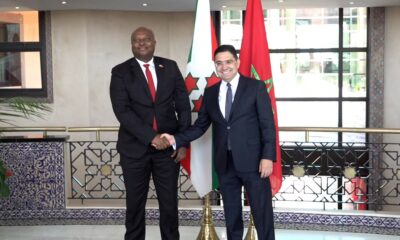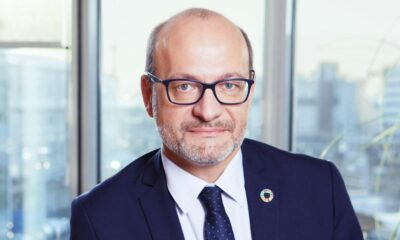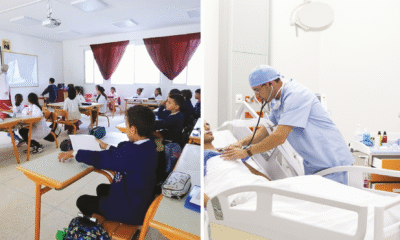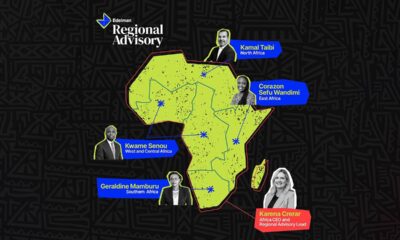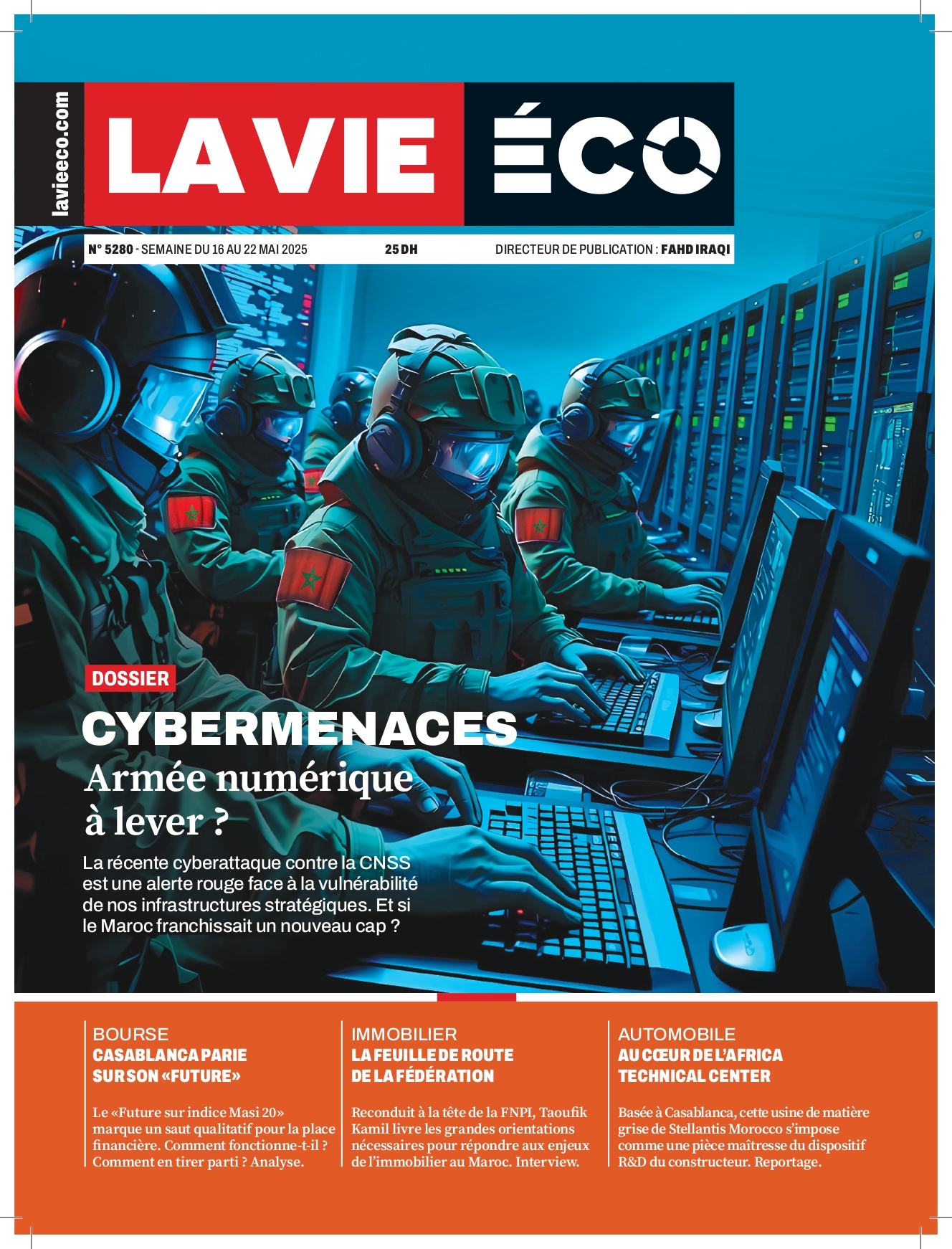Influences
Fouzi Lekjaa: «The 2030 World Cup Embodies a Development Dynamic Combining Economic and Social Aspects »
The 2030 FIFA World Cup will serve as an opportunity to harness the passion for football and pride of belonging to promote tourism and further enhance Morocco’s international image, stated the Director General of the Moroccan National Tourism Office (ONMT).

Organizing the 2030 World Cup in Morocco aligns with a specific development dynamic, combining economic and social dimensions, said Fouzi Lekjaa, President of the Royal Moroccan Football Federation (FRMF), on Wednesday in Rabat.
This initiative is part of a development momentum in Morocco, characterized by simultaneous progress in economic and social sectors, in line with King Mohammed VI’s vision of using sports as a lever for social inclusion, Lekjaa affirmed during the World Football Summit (WFS Rabat 2025), held on April 9-10 at Mohammed VI Polytechnic University (UM6P).
Lekjaa emphasized that hosting major sporting events is a long-term strategy aimed at developing infrastructure, as well as training and management capacities, making football a driver of human development. He spoke during a panel on football diplomacy, tourism, and cultural promotion ahead of the 2030 World Cup.
He highlighted the human legacy of this significant event, co-hosted by Morocco, Spain, and Portugal, and underscored football’s role as a tool for social inclusion and a sport that fosters values of development, well-being, and coexistence.
Beyond economic benefits, the 2030 World Cup will leave a human legacy through youth training and instilling football’s values. Lekjaa stressed the sport’s significant impact on unity and coexistence among nations.
Football’s universal appeal unites people across borders, promoting teamwork and group development, he noted.
Achraf Fayda, Director General of ONMT, added that the 2030 World Cup would be an opportunity to channel football passion and national pride into tourism promotion, further enhancing Morocco’s global image. He cited Morocco’s performance in Qatar’s World Cup as an example of boosting the country’s global reputation. Efforts now focus on leveraging trans-Mediterranean mobility during the 2030 tournament to advance national tourism.
Spanish Ambassador Enrique Ojeda Vila highlighted that the 2030 World Cup—the first across two continents—represents both a challenge and responsibility. He emphasized its human dimension through youth involvement.
Under the theme «Cultivating the Future Legacy of the World Cup for Africa », WFS Rabat 2025 was organized in partnership with EVOSPORT (a UM6P subsidiary) and in collaboration with FRMF.

